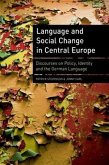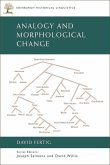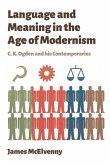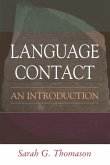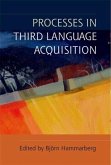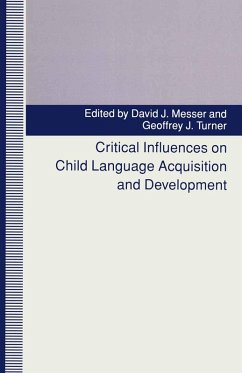Under which circumstances does grammatical change come about? Is the child the principle agent of change as suggested by historical linguistics?This book discusses diachronic change of languages in terms of restructuring of speakers' internal grammatical knowledge. Efforts to construct a theory of diachronic change consistent with findings from psycholinguistics are scarce. Here, these questions are therefore addressed against the background of insights from research on monolingual and bilingual acquisition. Given that children are remarkably successful in reconstructing the grammars of their ambient languages, commonly held views need to be reconsidered according to which language change is primarily triggered by structural ambiguity in the input and in settings of language contact. In an innovative take on this matter, the authors argue that morphosyntactic change in core areas of grammar, especially where parameters of Universal Grammar are concerned, typically happens in settings involving second language acquisition. The children acting as agents of restructuring are either L2 learners themselves or are continuously exposed to the speech of L2 speakers of their target languages. Based on a variety of case studies, this discussion sheds new light on phenomena of change which have occupied historical linguists since the 19th century and will be welcomed by advanced undergraduate and graduate students as well as researchers in the fields of historical linguistics and language acquisition.
Dieser Download kann aus rechtlichen Gründen nur mit Rechnungsadresse in A, B, BG, CY, CZ, D, DK, EW, E, FIN, F, GR, HR, H, IRL, I, LT, L, LR, M, NL, PL, P, R, S, SLO, SK ausgeliefert werden.




